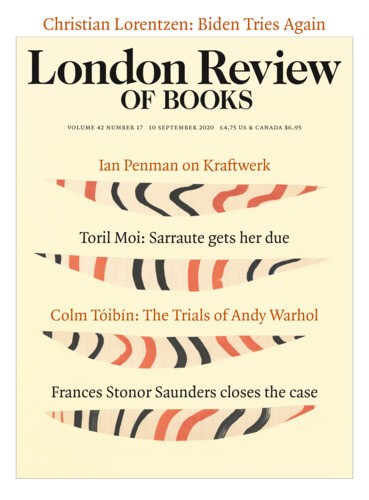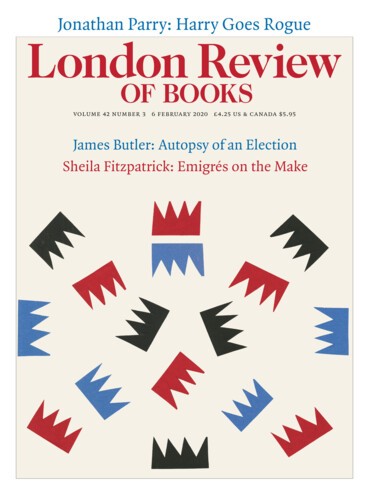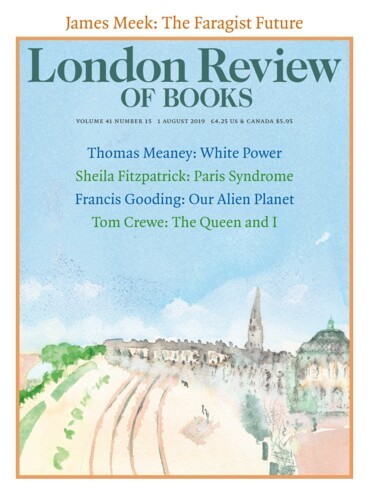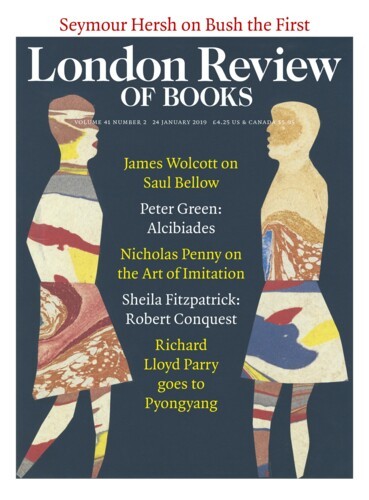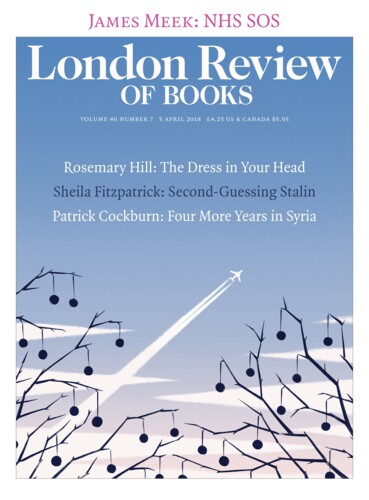While he deplored the Soviet regime and wanted all its dirty secrets exposed, there was a jokey, blokey aspect to Robert Conquest, a whiff of the Oxford debating society and student satirical review, that made him an anomalous figure in international Sovietology, which tended towards the deadly serious. For Conquest, the Soviet Union was no doubt an evil place, but above all it was a bizarre one, a society whose baroque self-inventions and elaborate mendacity made it an apt subject of black comedy.
The Great Terror: Stalin’s Purge of the Thirties by Robert Conquest. The Harvest of Sorrow: Soviet Collectivisation and the Terror-Famine by Robert Conquest. While he deplored the Soviet regime and wanted all its dirty secrets exposed, there was a jokey, blokey aspect to Robert Conquest, a whiff of the Oxford debating society and student satirical review, that made him an anomalous figure in international Sovietology, which tended towards the deadly serious.
